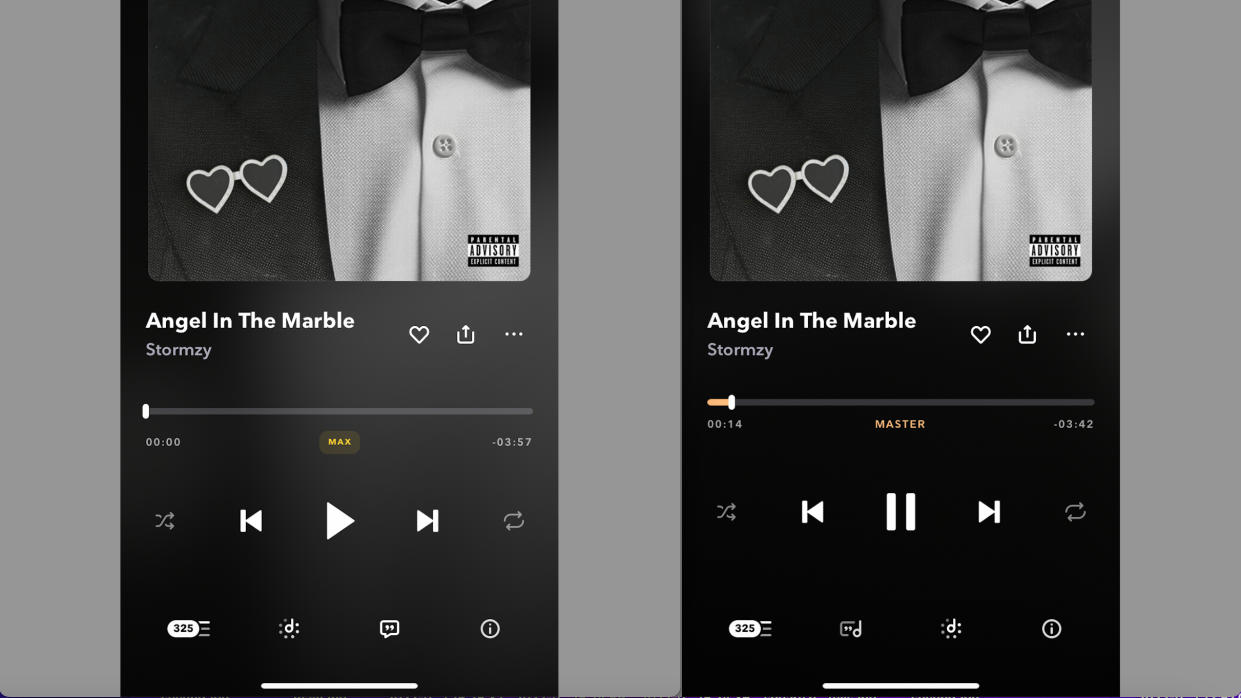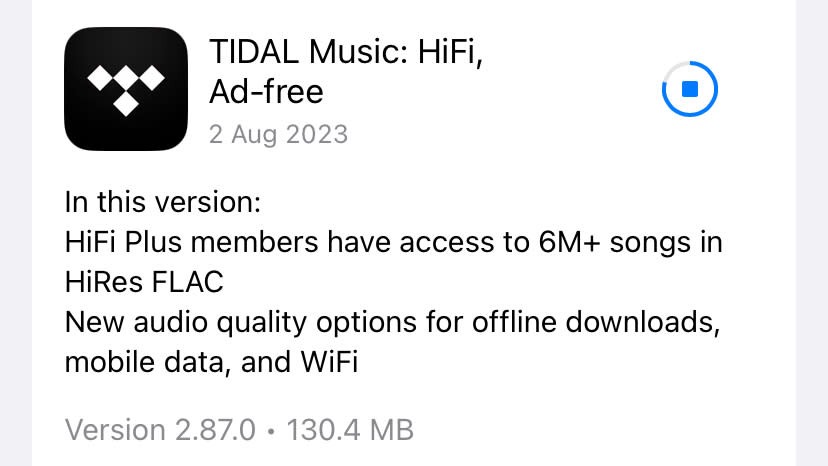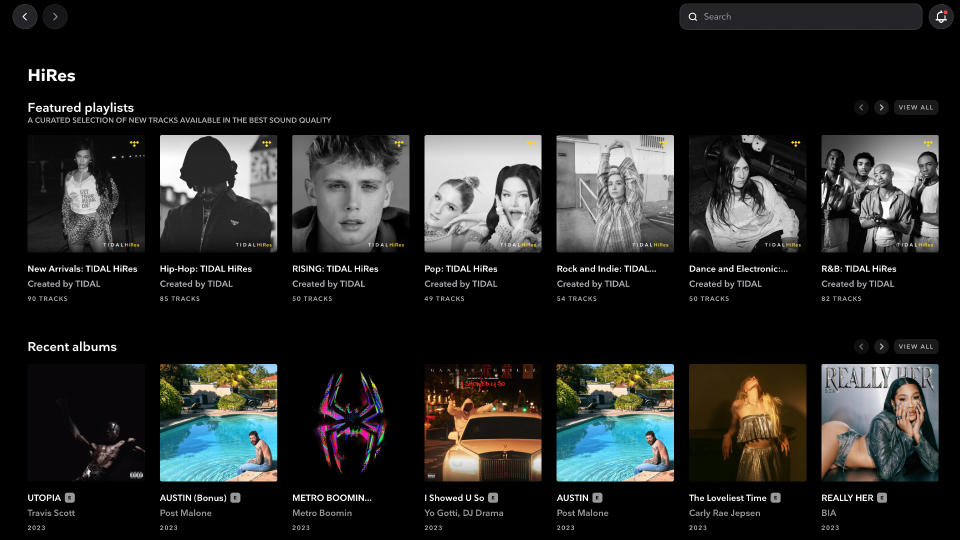Tidal’s hi-res FLAC update has landed – here’s what it means for your music

Looking at Tidal and thinking something feels different? You're right! Following its latest app update, Tidal now offers six million songs in hi-res FLAC format.
This isn't the first sniff we've had of this; Tidal's CEO, Jesse Dorogusker, initially announced back in April during an AMA (ask me anything) on Reddit that Tidal would "be introducing hi-res FLAC for our HiFi Plus subscribers soon" and then confirmed in June that six million hi-res FLAC tracks were available in the iOS app to members of the Tidal Early Access Program, but would come to every HiFi Plus subscriber in August. And now here they are.
The thing is, it's refreshing to see a streaming service actually make good on its promises. Spotify, you may remember, initially promised a HiFi tier within the year back in February 2021, but despite several promising signs (screenshots of the Spotify HiFi logo in the app as well as a Spotify HiFi onboarding video leaked by a Redditor) we are still waiting…
Back to Tidal, and for those worried their MQA playlists might disappear overnight following the rollout (as well as the news that MQA officially appointed its administrators on April 3), don't fret: Tidal confirmed that its “existing MQA catalogue will continue to be available on the platform" earlier this year and now its hi-res FLAC streams sit alongside the service’s current MQA hi-res streams.
Opinion: focusing on audio quality is never a bad thing – especially when it comes without a price hike

Anyone familiar with MQA will know that these hi-res files are a little picky, requiring both a HiFi Plus subscription and a device or software capable of decoding the technology to enjoy them, such as the mobile apps or an MQA-compatible hi-res audio player.
Because FLACs are more ubiquitous (FLAC, the friendly file!) the introduction of hi-res FLACs to Tidal's library makes the service’s hi-res offering much more accessible to the entry-level audiophile.
The hotly-anticipated rollout has seemingly taken effect in the past week, for users across all platforms. Not spotted it? Update your app. You'll see there are some visual – or rather, verbal – differences on the Tidal web player and apps as a result of the switch.

Essentially, the service has renamed its audio quality levels – most notably by removing the word "Masters" (MQA stands for Master Quality Authenticated) in its top-tier quality for "Max" in the iOS app, or simply "HiRes" if searching for files of better-than CD quality.
To break it down, Tidal is now seemingly listing its songs and albums as:
Max – High fidelity lossless audio up to 24-bit / 192kHz with HiRes FLAC (Free Lossless Audio Codec) and Master Quality Authenticated audio (MQA)
High – Lossless audio with FLAC (16-bit / 44.1kHz)
Low (up to 320kbps) – the music you love using lower data usage with compressed AAC files. This is where Spotify's audio files max out.
I've long been touting Tidal's credentials as one of the best music streaming services out there, alongside Qobuz if it's the best quality hi-res audio you're after. That said, for track sharing, sociable perks such as Spotify's AI DJ and Spotify Wrapped – see also, Apple Music Replay and Apple Music Sing – the admittedly expensive service is lagging a little behind, despite its April-launch Live social music streaming feature which lets you DJ into the void.
For me, focusing on audio quality is never a bad thing – and although Tidal recently hiked its prices for its standard and family plans, HiFi Plus subscription fees are actually staying the same price for now. And since Apple Music increased its prices in November 2022, Amazon Music HD upped its fees in February 2023, Deezer hiked its US prices in October 2022 and Spotify upped the cost of its Premium price plan recently, Tidal's free rollout is to be commended.

